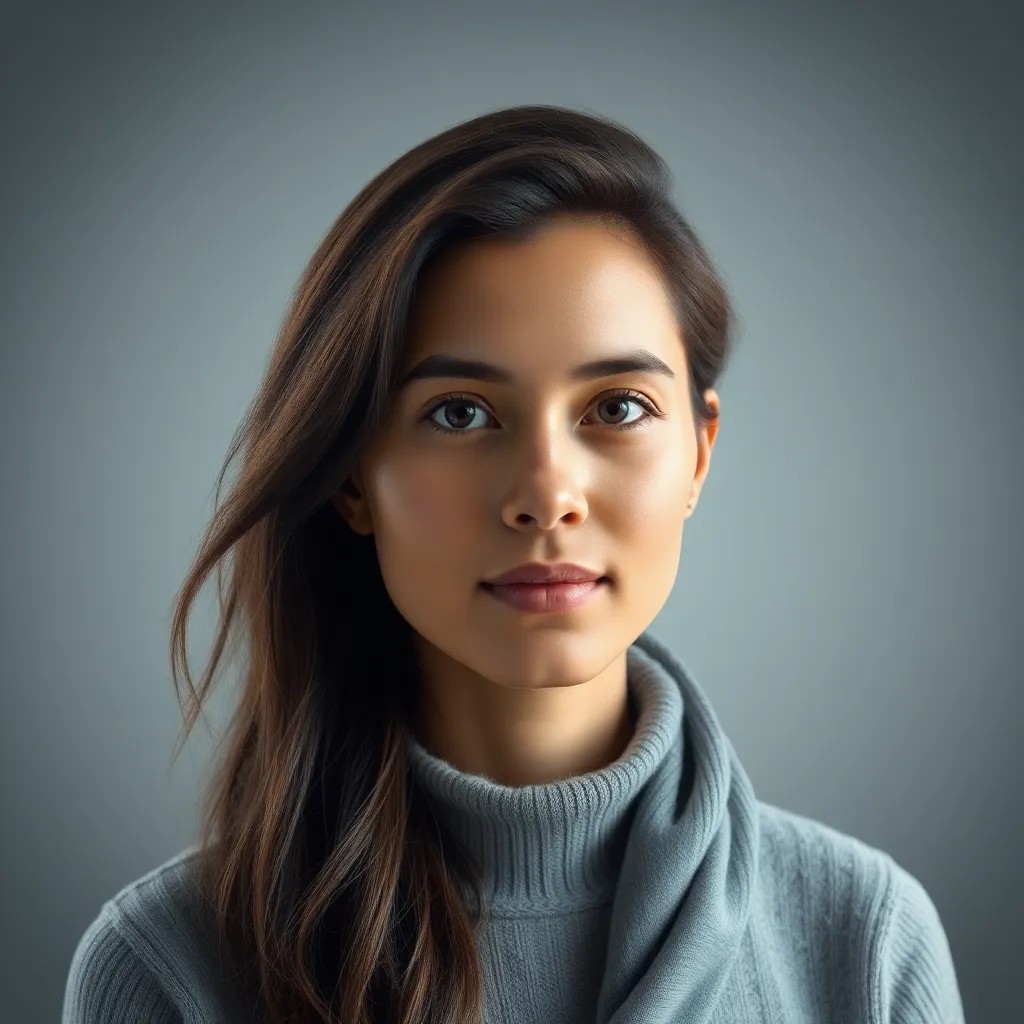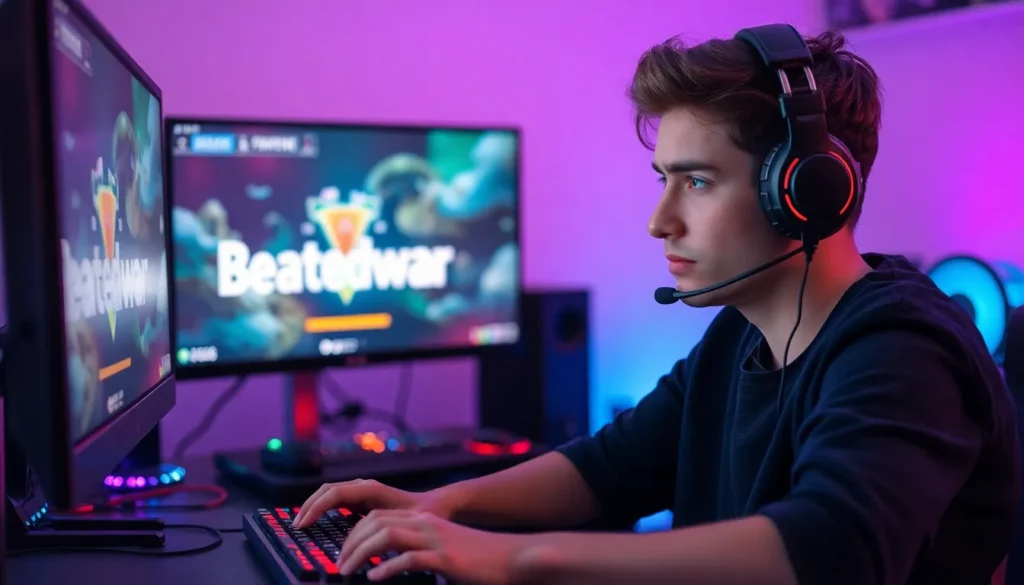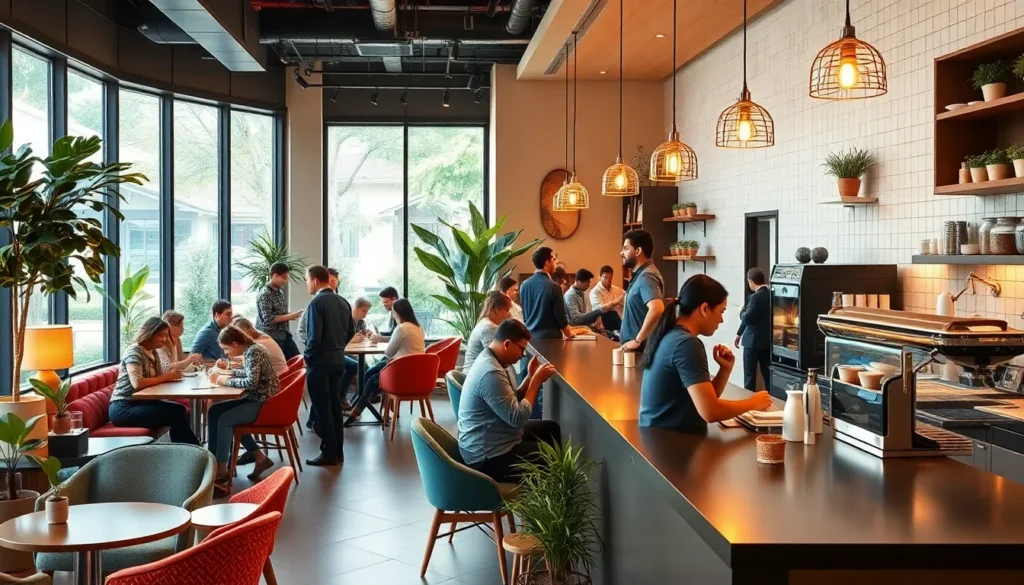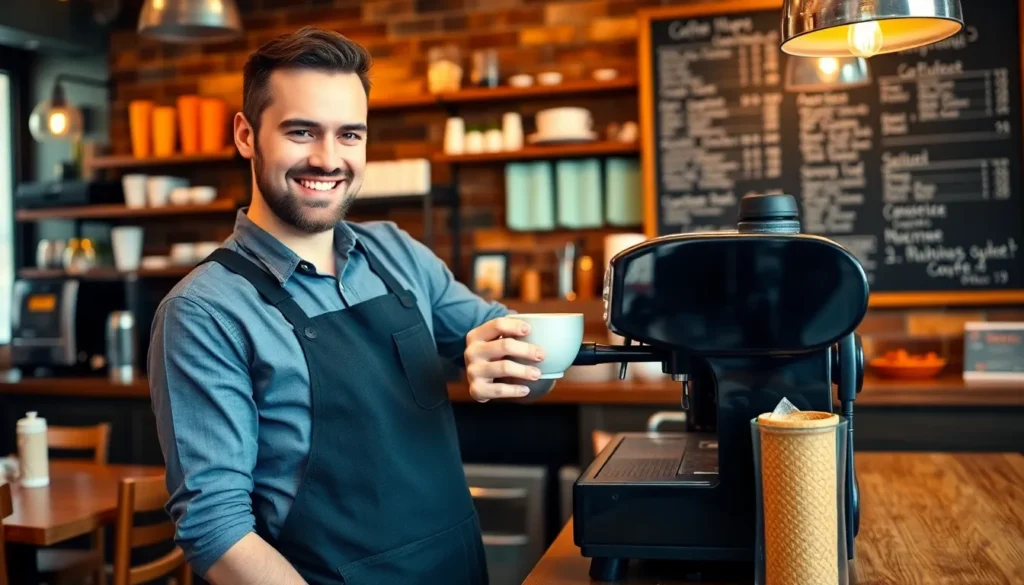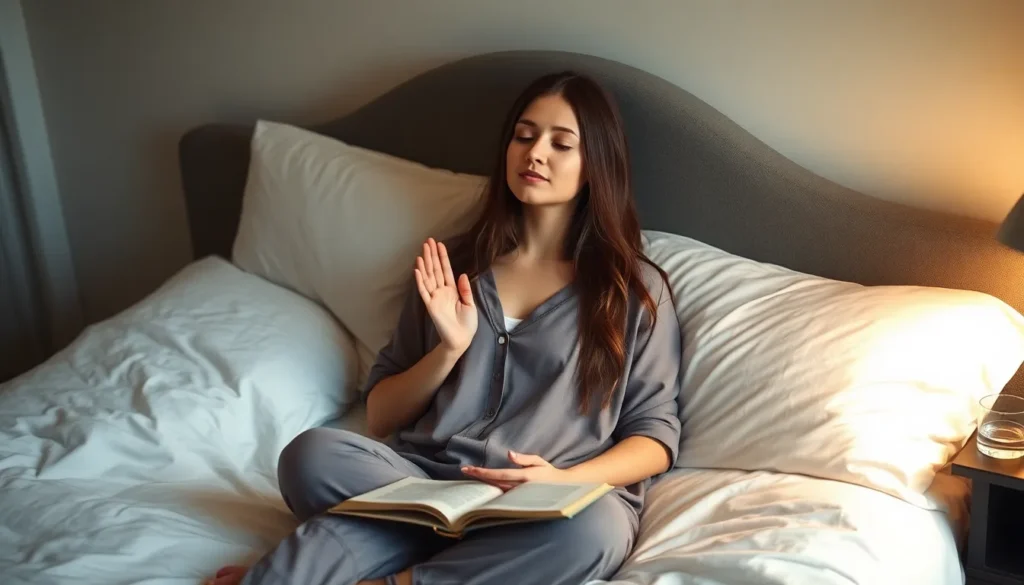In the age of artificial intelligence, ChatGPT has become a household name, captivating users with its impressive conversational skills. But as it churns out witty banter and insightful responses, a burning question lingers: Is ChatGPT copyrighted? It’s a puzzle that’s got legal eagles flapping their wings and tech enthusiasts scratching their heads.
Table of Contents
ToggleOverview of ChatGPT
ChatGPT has gained significant traction for its advanced conversational capabilities. This powerful AI tool relies on complex algorithms to generate human-like text.
What Is ChatGPT?
ChatGPT is a language generation model developed by OpenAI. It utilizes machine learning techniques to understand and create text based on user input. Many users engage with ChatGPT for diverse applications, including customer support, content creation, and educational purposes. Tools like ChatGPT showcase the advancements in artificial intelligence, particularly in natural language processing.
How Does ChatGPT Work?
ChatGPT operates using a transformer architecture, which processes and generates language data efficiently. The model learns from vast datasets, enabling it to predict and output contextually relevant text. Input prompts trigger the model to generate responses, relying on patterns and information gleaned from training data. The interaction occurs in real-time, making conversations fluid and dynamic.
Copyright Basics
Copyright concerns the protection of original works. Understanding its implications is essential for anyone engaged with AI-generated content.
Understanding Copyright Law
Copyright law grants creators exclusive rights over their original works. These rights encompass reproduction, distribution, and adaptation. Authors typically hold copyright for their written works, while artists enjoy similar protections for visual arts. When it comes to AI-generated text, questions arise about authorship and ownership. Generally, copyright applies to human-created content, making it unclear whether AI outputs qualify. Courts haven’t definitively ruled on this issue, leading to ongoing debates among legal experts.
Types of Copyrighted Material
Copyright covers various categories of creative material. Literary works, such as novels and poems, fall under this umbrella. Visual art, including paintings and photographs, also receives protection. Musical compositions and recordings qualify for copyright as well. Films and dramatic works secure rights through copyright law too. Additionally, software and code, often foundational for AI systems, can obtain copyright status. These categories are vital for determining whether AI-generated content is protectable under existing laws.
ChatGPT and Copyright Concerns
ChatGPT raises significant copyright questions, especially regarding the ownership of its generated content.
Ownership of Generated Content
Ownership issues complicate copyright discussions around AI outputs. Content produced by ChatGPT lacks a clear author since it operates autonomously. OpenAI models generate text based on data processed during training, leaving questions about who owns the output. Creators leveraging AI technologies face uncertainty, particularly in commercial applications. Legal experts suggest that current copyright frameworks may not adequately address this emerging area. The ambiguity surrounding authorship and ownership necessitates further legal clarifications in this evolving landscape.
Fair Use Considerations
Fair use plays a crucial role in the conversation about AI-generated content. It applies to certain uses of copyrighted materials without permission, assuming they meet specific criteria. Factors such as purpose, nature, amount, and effect on the market help determine fair use applicability. While ChatGPT generates unique text, its reliance on existing data blurs the line between original creation and reproduction. Users creating content with ChatGPT can reference existing works without infringing copyright, provided they align with fair use standards. This delicate balance influences how AI developers and users navigate copyright challenges.
Legal Perspectives
ChatGPT’s relationship with copyright law raises numerous legal questions, prompting analyses from various case studies and expert opinions.
Case Studies on AI and Copyright
Recent case studies illustrate the complexities surrounding AI-generated content and copyright. For instance, one case involved an AI-generated artwork that sparked discussions about authorship. The United States Copyright Office ruled that works created entirely by AI are not eligible for copyright protection. In another scenario, a photographer sued an AI company for using his images to train its model. This highlighted the ongoing conflict between AI training practices and copyright. Each case reflects the need for clearer legal frameworks that address the ownership and protection of AI-generated materials, emphasizing the existing ambiguity in current copyright law.
Expert Opinions on ChatGPT Copyright Issues
Legal experts express diverse views on the copyright challenges posed by ChatGPT. Some argue that ownership should lie with the user who provides input, as they guide the content creation process. Others suggest that creators of AI models retain rights, given that their algorithms generate the text. Several professionals advocate for new legislation tailored to the unique aspects of AI-generated works. Their opinions underline the necessity for updated copyright frameworks. The uncertainty surrounding these issues complicates how creators and developers navigate the copyright landscape.
Future Implications
The future of copyright law concerning AI-generated content stands at a critical juncture. There’s potential for significant changes necessitated by advancements in artificial intelligence technologies. Legal experts predict shifts toward frameworks that specifically address AI-generated works. Courts may soon face increased pressure to clarify ownership concepts linked to AI outputs. Updates to existing copyright laws could involve redefining authorship to include AI-generated texts.
Content creators face unique challenges as these legal conversations evolve. Ownership ambiguity can impact creators who use AI tools to generate materials. Clarity around copyright could affect their ability to monetize AI-generated content. Uncertainty surrounding rights poses risks in commercial applications where revenue depends on content’s legitimacy. Creators may need to adjust their strategies in light of potential changes to copyright legislation. Understanding these implications helps prepare for navigating an increasingly AI-driven landscape.
The landscape of copyright law in relation to AI-generated content like ChatGPT is complex and evolving. As technology advances, the need for clear legal frameworks becomes increasingly critical. The ambiguity surrounding ownership and authorship poses unique challenges for creators and users alike.
Legal experts emphasize the importance of adapting copyright laws to address these new realities. The ongoing debates highlight the necessity for updated legislation that can effectively navigate the intersection of artificial intelligence and intellectual property.
As this dialogue progresses, content creators must stay informed and prepared to adjust their strategies. Understanding the implications of copyright in an AI-driven world is vital for anyone engaging with technologies like ChatGPT.

